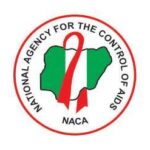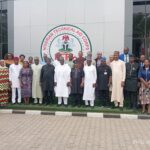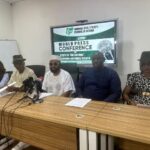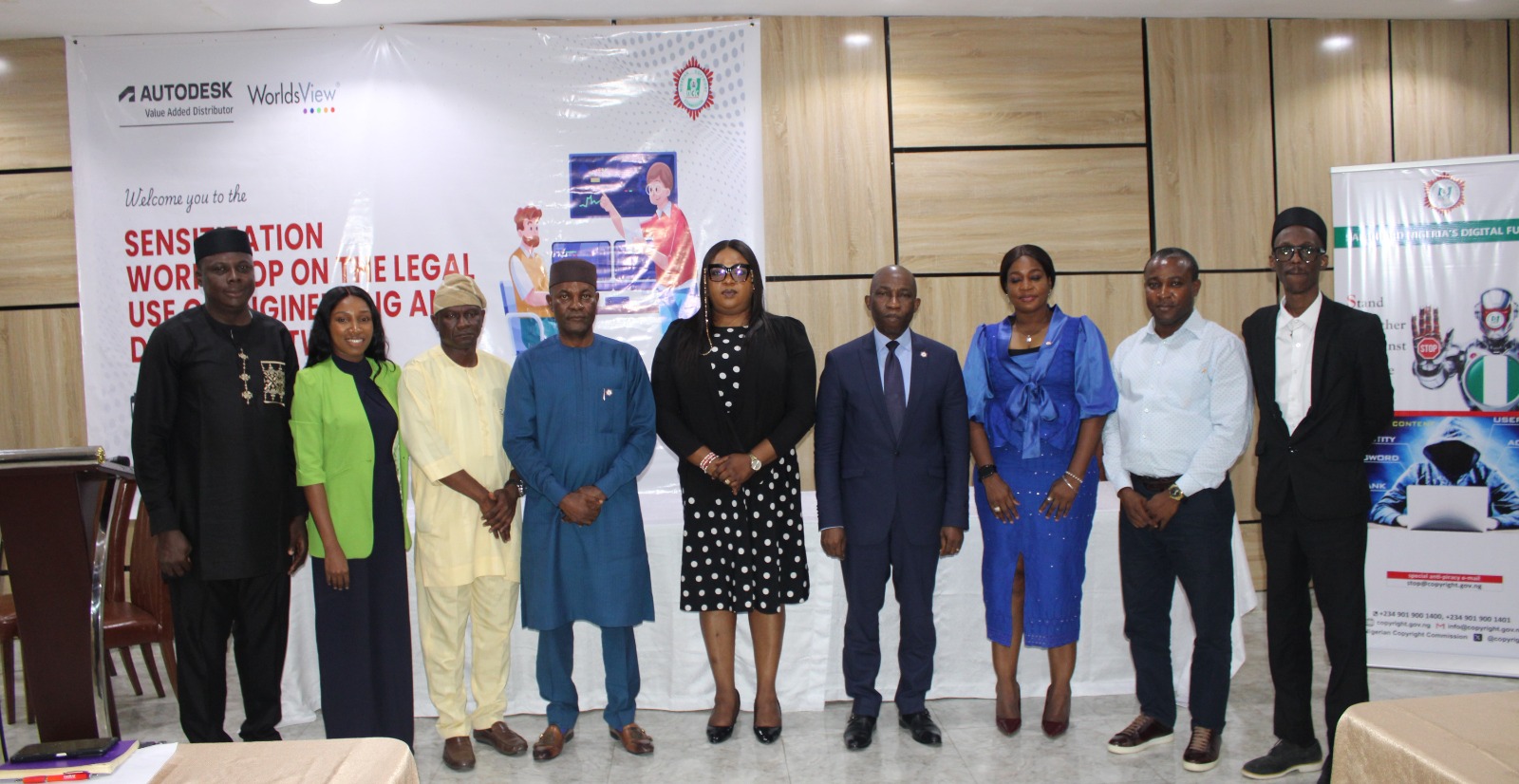By Priscilla Osaje
Nigerian Copyright Commission (NCC) has called for legal use of the software applications in engineering, construction and building design, to boost the critical sectors of the nation’s economy.
The Director-General of NCC, Dr John Asein, made the call during Sensitisation and Interactive Session on Legal Use of Software in Engineering, Construction and Building Design Sector, in Abuja.
The News Agency of Nigeria (NAN) reports that the event was organised by the NCC, in collaboration with World View (Autodesk).
The D-G said, “In today’s technology-driven environment, software applications such as AutoCAD, Revit, Civil 3D, and Navisworks have become indispensable tools for designing, structural analysis, and Building Information Modelling (BIM).”
According to him, through these technologies, professionals are able to innovate, design and draw with more precision.
Asein, however, said in most cases, in many other technology-aided creative fields, there were challenges posed by the use of pirated, unauthorised or non-compliant software packages.
“I must say upfront that while these sharp practices have legal implications and undermine professionalism, they may also expose your clients to other hazards.
“It is a common misconception that resorting to pirated or unlicensed software is a cost-saving strategy but experience has shown that adherence to licensing agreements is far cheaper and safer in the long term.
“Unauthorised use can attract significant legal costs through lawsuits, fines, and settlements that can far outweigh the cost of legitimate licences.
“Projects that rely on pirated software also face heightened risks of data corruption, design errors, and cyber security breaches, due to lack of regular updates or security patches.”
The NCC boss said he was aware of the reputational issues and firms that failed to comply with licensing requirements.
He added that such might miss out on opportunities to bid for international projects, as their profile might not meet due diligence requirements.
According to him, compliance, therefore, is not merely a legal obligation, but an investment in operational safety, project integrity and long-term profitability.
He said the copyright system was designed to strike a balance between the rights of creators and innovators, just like the case of software developers and users of the products.
“While it seeks to ensure that owners have legitimate control and benefit from their intellectual labour and investment, it enables users to have authorised access under agreed terms.
“For practitioners in the construction, building and engineering sector, this balance also plays out in the works you create.
“Every engineering drawing, architectural plan, structural model, or design blueprint that you produce is a copyright-protected work and its use by a client or third parties is subject to your authorisation.
“Imagine a client using your designs without due authorisation or compensation. Just as you expect your works to be respected and not copied or altered without due permission, so the rights of software developers must also be respected.”
According to him, upholding the copyright of others in the course of one’s professional activities reinforces the principle that your own works and deserves protection.
“I hope that today’s event will be an opportunity for us to start an industry-wide conversation on building a culture of compliance, professional integrity and the safeguard of our core values of creativity and innovation.
“To navigate this landscape, it is essential to understand the thresholds of software usage and their legal implications.
“From the basement level of ethical, non-infringing use, to the ground floor of minor non-compliance, such as unintentional use of an expired subscription and the next floor of deliberate civil but non-criminal use.
“Next is the first floor where breach may be both a civil infraction and a criminal offence, followed by the top floor and most severe level where the breaches are criminal and may include unauthorised reproduction (e.g. loading an electronic copy in a computer system).
“Also, possession or distribution of infringing copies, circumvention of digital rights management systems or the compromise of technological protection measures, where the offence is punishable by heavy fines and terms of imprisonment.”
The D-G urged chief executives and business owners to be mindful of the possibility of vicarious liability.
According to him, a company may be held responsible for infringements committed by its employees, especially if there are no clear compliance protocols.
“Liability may also arise where management fails to enforce licensing policies, turns a blind eye to unauthorised installations, or makes financial benefits from the use of pirated software.
“It is, therefore, prudent to establish, reinforce internal controls in your organisation, conduct periodic software audits and foster a culture of compliance at every level,” he added.
The D-G called on the relevant professional associations to set guidelines for proper use of software within their professions and enforce copyright standards by promoting adherence to global best practices.
According to him, this does not only enhance professionalism and standards but also facilitates seamless cross-border opportunities for Nigerian firms to make them more competitive.
“I, therefore, urge participants to actively engage in the sessions, ask questions and discuss any concerns that they may have, including the very delicate issues of pricing, access and licensing terms.
“The commission is willing to engage further with the regulatory bodies, professional associations and the software providers to develop strategies for win-win outcomes in the sustainable use of the copyright system in this industry.
“We hope we will all leave here better equipped with a reorientation to foster a culture of copyright respect that values not only the software that we rely upon but also the designs and innovations that we create,” he added.
Also speaking, Mr Kunle Olatunji, Deputy Director/Head of Regulatory and Compliance Department, NCC, said that the industry increasingly relied on specialised software for design, project management, modelling and analysis.
Olatunji spoke on a topic titled “Licensing and Other Intellectual Property Issues in the Construction and Engineering Industry”
He said that the software applications offered significant efficiencies and innovations in licensing several intellectual property (IP) issues.
According to him, the license can be exclusive and non-exclusive, but the duration and renewal can be critical especially as a software evolves.
(NAN)(www.nannews.ng)
Edited by Deji Abdulwahab












